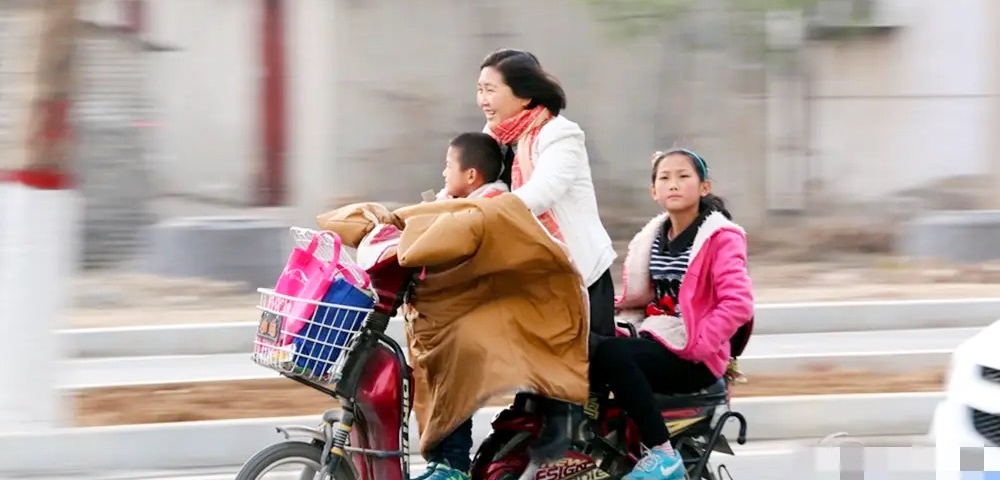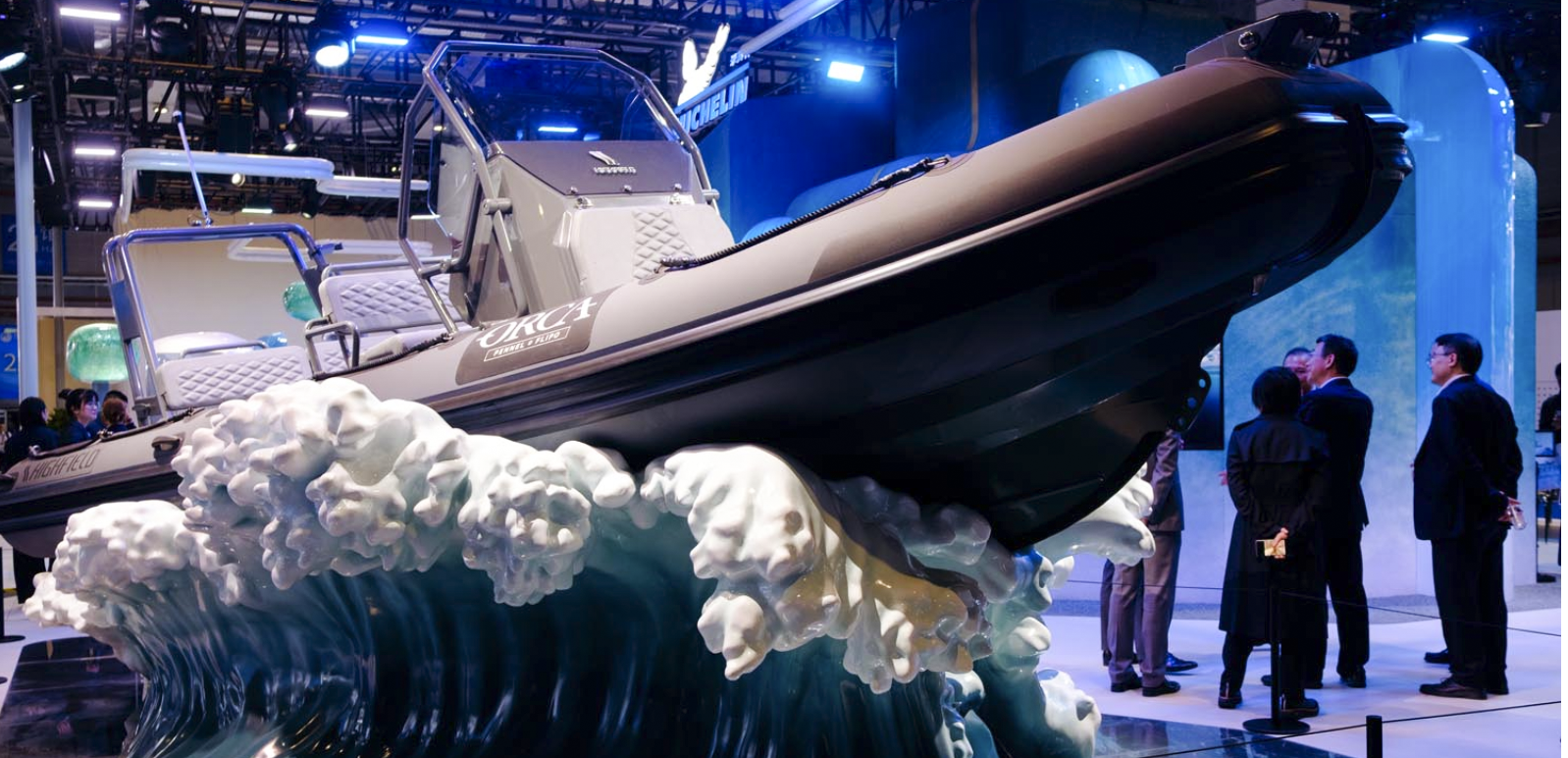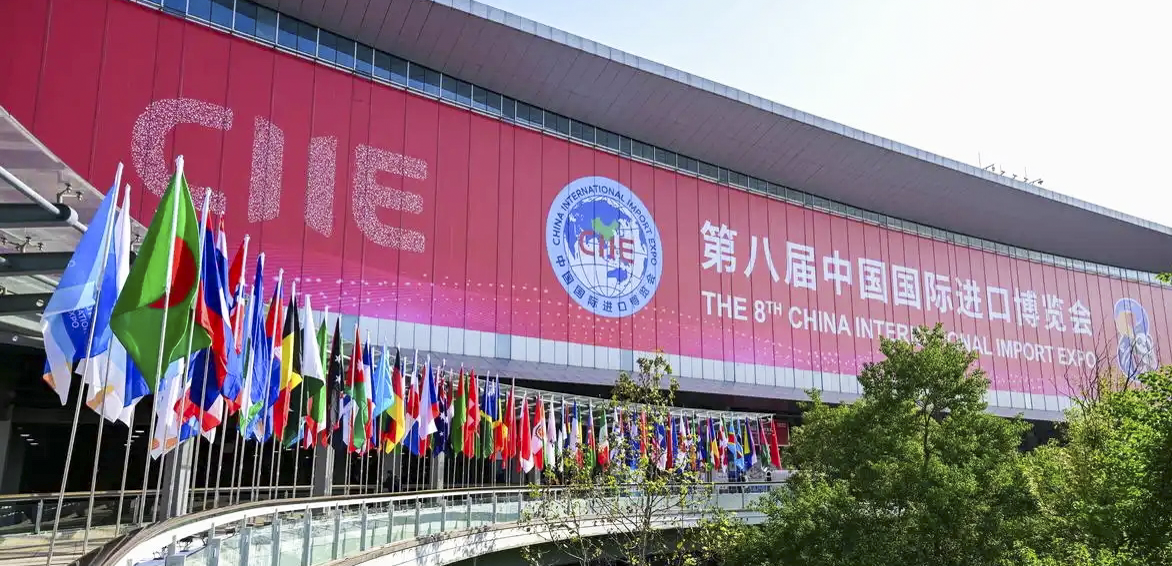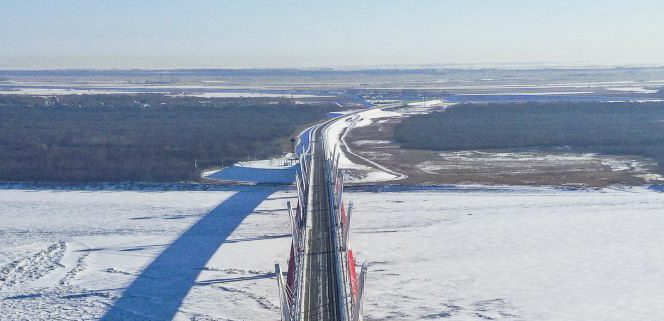-
Beijing embraces human capital
-
export to China?
-
selective opening at the food frontier
-
Beijing’s new food security atlas
monitoring
recent commentary
-
growth modelpolitical trendssupervisionaccountability...read more28 Nov 2025
-
importsag market accessUS/Canadafood security strategygrainoilseeds...read more26 Nov 2025
-
growth modelsupply-side reformconsumptionservicesovercapacitystrategic and emerging industries...read more26 Nov 2025
-
why Beijing keeps delaying the beef safeguard ruling
non-tariff barriersag riskfood security strategyfood consumptionfood productionmeat...read more26 Nov 2025
-
Li YongzhiChina National Academy of Educational Sciences (CAES) party secretary and president China National Academy of Educational Sciences
analysis
month in focus
monthly roundup of major developments
keep in touch with current thinking
sign up for our complimentary monthly roundup



